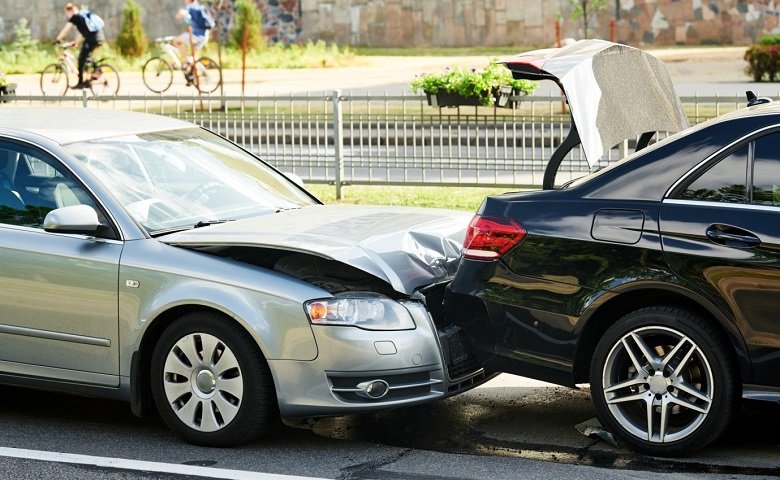Car Accident Reporting: Tips for Reporting an Accident to Police

In 2020, the US had around 38,680 motor vehicle crash deaths, which is the largest number since 2007.
Every time you get in a car, there’s a chance you might get in an accident. And while you might be lucky enough to escape with your life, you still have to deal with injuries and vehicle repairs, which can add up to a pretty penny.
To make sure you get properly compensated, you need to report your incident correctly. Here are some tips on car accident reporting so you know what to do if you’re in a crash.
Call 911
Even if your vehicle crash isn’t serious, calling 911 can help with car accident reporting, so do so ASAP. In most cases, police officers will be dispatched to your location. This is extremely beneficial, as the responsibility of all details recorded is up to them.
When they arrive on the scene, they’ll want the following information:
- Date, time, location of the accident
- Weather and road conditions at the time of the crash
- Full names and contact details of everyone involved (drivers, passengers, witnesses, bystanders)
- Details of all the vehicles in the accident (including VINs)
- Description of injuries (if applicable)
- Property damage details
While speaking with the police, be as detailed as you can. But don’t admit fault; just give things factually.
Make sure that you get the full names and badge numbers of the officers who have helped you. This information should also be on the police report, which you should get a copy of. Note the incident report number as well; all this info will help if you need to follow up.
Should you have a car accident injury, you can use this report for an insurance claim on something like spinal cord injury compensation.
Go to the Police Station
If you didn’t call the police to the scene of the crash, then you’ll need to file a report on your own. Even if the other party’s at fault and they’ve admitted responsibility, they can always change their mind. So it’s in your best interest to go file a report ASAP.
This route leaves the burden of proof up to you, so make sure you gather as much information as you can at the scene. Not only should get the data listed above, but you should also take photos of the road, vehicles, and injuries. Ask nearby businesses for any video surveillance footage.
You can also get witness statements by recording them with your phone. If the other party admits fault, have them either sign or record a statement on your phone.
In some major metropolitan cities, police stations won’t take reports if there aren’t any injuries. In that case, file a report with your DMV.
Understand Proper Car Accident Reporting
Car accident reporting is vital if you need compensation for injuries and/or car repairs. Time is of the essence, so ensure you file a report correctly and promptly. This raises your chances of filing a successful claim!
To learn more about legal matters, take a look at the rest of our blog page now.











